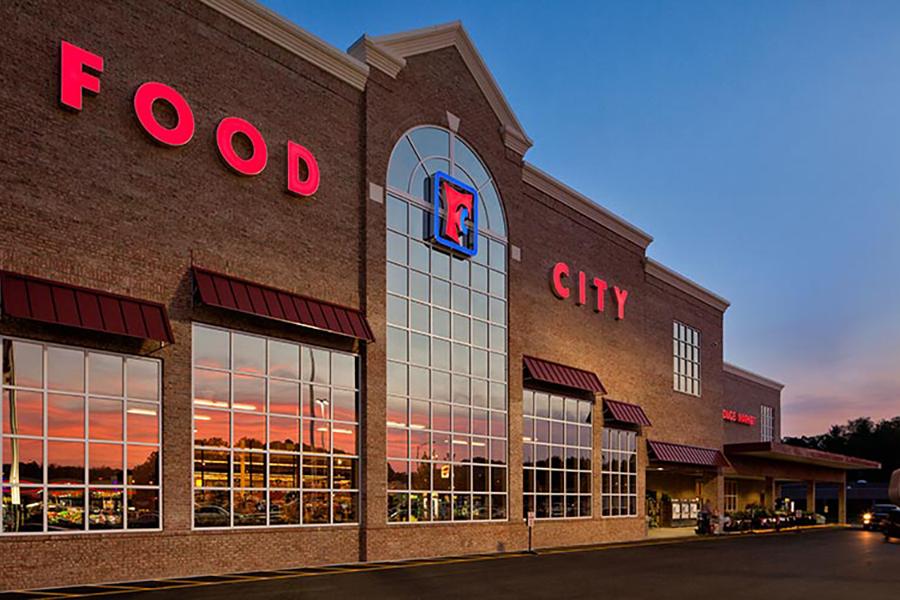AG Skrmetti: Food City parent company agrees to $44.5M opioid suit settlement

The parent company of the Food City grocery store chain has reached a $44.5 million settlement in an opioid case, according to Tennessee Attorney General Jonathan Skrmetti.
K-VA-T Food Stores will pay the majority of the money to Tennessee’s Opioid Abatement fund to support local efforts addressing the opioid epidemic to settle a 2021 lawsuit accusing the supermarket chain of unlawful opioid sales through its pharmacies.
“Every entity that contributed to the opioid crisis must be held accountable,” Attorney General Skrmetti said. “Our Consumer Protection Division remains relentless in the pursuit of justice, and I am proud of their aggressive enforcement in this case. By paying a hefty price to resolve past misconduct, Food City provides critical resources to save lives and protect families and can now get back to the business of serving its customers and supporting Tennessee communities.”
Most of the funds will be directed to communities in East Tennessee where complaints about the grocery store were most evident with the lawsuit citing three Knoxville-area stores and one store in Sevier County that sold “particularly high” amounts of opioids for more than a decade. The settlement was initially filed by previous Tennessee Attorney General Herbert Slatery for violating the Tennessee Consumer Protection Act.
The suit claimed the company “zeroed in on opioid sales at its in-store pharmacies and engaged in a series of unlawful acts that led it to become one of the biggest sellers of highly-diverted opioids in Tennessee” and alleged the company did this intentionally “as part of an intentional, corporate-driven strategy to maximize profit centers elsewhere,” meaning outside of its core grocery business. The suit also accused the company of “endangering the health of Tennesseans and interfering with the commercial marketplace.”
In addition to the settlement money, Food City has also agreed to ensure future compliance by providing additional training to pharmacy staff, updating the prescription-validation process, and monitoring and reporting data related to suspicious activity. The settlement further includes an agreement by Food City to provide dedicated employment opportunities for Tennesseans recovering from opioid addiction.
A settlement in a civil lawsuit does not equate to admission of any of the plaintiffs’ allegations. In a statement, officials with the Abingdon, Va.-based chain said K-VA-T the settlement is “not an admission or evidence of any liability or wrongdoing."
“K-VA-T believes the settlement agreement is in the best interest of all parties and will contribute to the opioid-related programs that are being established as a result of the previous settlements with national retailers and distributors,” the statement read. “K-VA-T is committed to the communities it serves and has pledged its support of local drug rehabilitation centers and their efforts to assist persons in recovery to lead more productive lives.”
Food City is not the first grocery chain to agree to a settlement over allegations of improper opioid distribution at pharmacies. Kroger, the nation’s fourth-largest chain on the list, agreed to a national opioid settlement earlier this month that will cost it about $1.4 billion.
